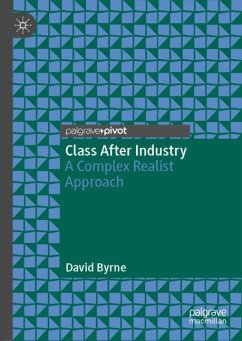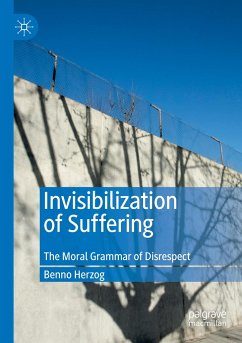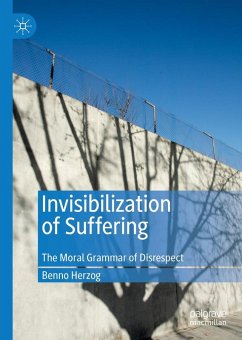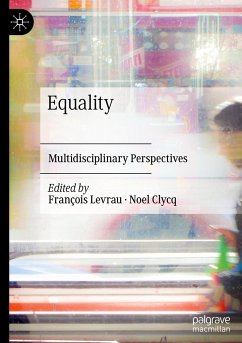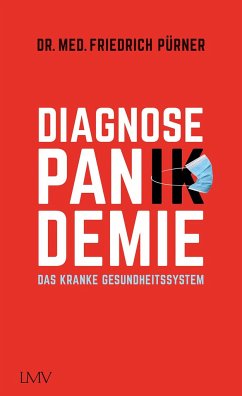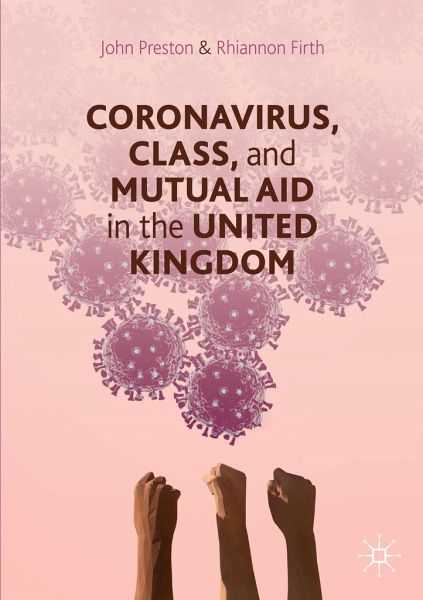
Coronavirus, Class and Mutual Aid in the United Kingdom

PAYBACK Punkte
11 °P sammeln!
This book considers how the UK government's response to the recent COVID-19 pandemic disadvantages the working class, and how mutual aid, based on anarchist principles, can be used as a force for social change.The authors draw on Marxist and anarchist thought in class theory and social movement analysis to demonstrate that the virus and its material and discursive consequences are an active part of continuing class struggle and class interpolation. Preston and Firth examine how plans for quarantine and social isolation systematically work against the needs of the working class, and rely on cla...
This book considers how the UK government's response to the recent COVID-19 pandemic disadvantages the working class, and how mutual aid, based on anarchist principles, can be used as a force for social change.
The authors draw on Marxist and anarchist thought in class theory and social movement analysis to demonstrate that the virus and its material and discursive consequences are an active part of continuing class struggle and class interpolation. Preston and Firth examine how plans for quarantine and social isolation systematically work against the needs of the working class, and rely on classed assumptions about how markets and altruism operate.
In the face of neoliberal methods of dealing with a pandemic, ranging from marketization, disaster capitalism, to a strengthening of the State, Coronavirus, Class and Mutual Aid in the United Kingdom explains how radical alternatives such as social movements and mutual aid can be implemented to better cope with current and future crises.
The authors draw on Marxist and anarchist thought in class theory and social movement analysis to demonstrate that the virus and its material and discursive consequences are an active part of continuing class struggle and class interpolation. Preston and Firth examine how plans for quarantine and social isolation systematically work against the needs of the working class, and rely on classed assumptions about how markets and altruism operate.
In the face of neoliberal methods of dealing with a pandemic, ranging from marketization, disaster capitalism, to a strengthening of the State, Coronavirus, Class and Mutual Aid in the United Kingdom explains how radical alternatives such as social movements and mutual aid can be implemented to better cope with current and future crises.





